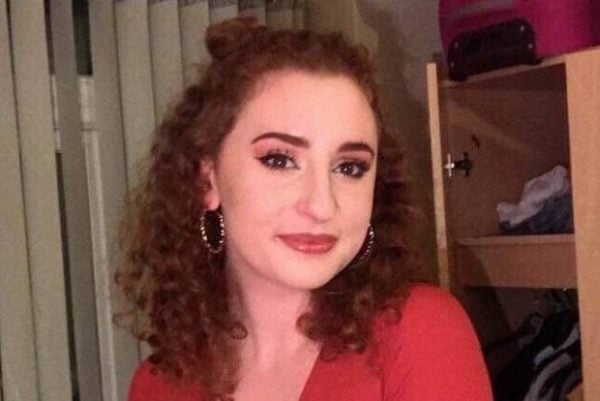
Alana Cutland was in Madagascar as part of a research trip.
The British 19-year-old had a thirst for travel, and was there to study a rare species of crab as part of an internship.
On Thursday July 25 she caught a light plane back to the lodge where she was staying after carrying out some research in the remote area of Anjajavy.


Top Comments
Does anyone remember the svu episode where the Iraq/Afghanistan war veterans killed their wives and the one killed himself after being given anti malaria medicine in the service? The svu team sued the department of defense. It was about 10 years ago when Diane Neal played the ADA and Elliot was still on the show